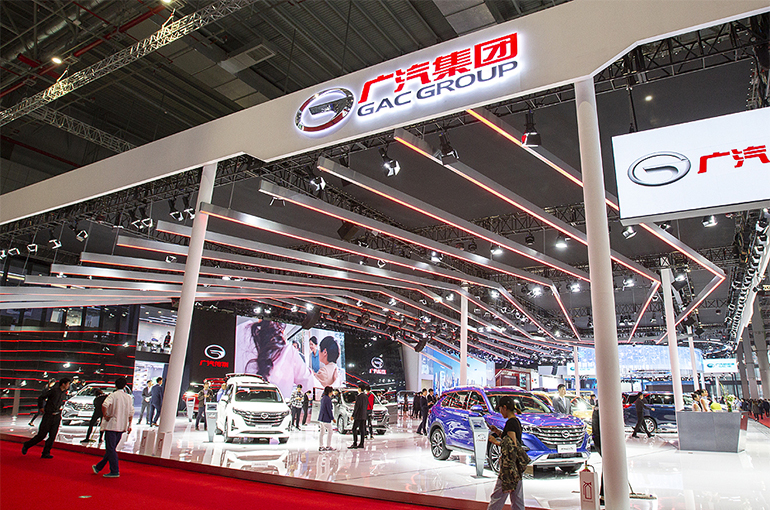 Auto Giant GAC to Relocate HQ to Guangzhou Suburbs to Cut Costs
Auto Giant GAC to Relocate HQ to Guangzhou Suburbs to Cut Costs(Yicai) Oct. 28 -- China's Guangzhou Automobile Group, also known as GAC Group, will on Nov. 2 relocate its headquarters to a suburban area of the southern city from the central business district to lower costs and improve the management of independent brands.
The auto giant will move its HQ to Panyu Auto City from Zhujiang New City, a key part of the CBD, to get closer to its brands Trumpchi and Aion, as well as GAC's research institute, the Guangzhou-based partner of Honda Motor and Toyota Motor announced recently.
China's auto industry is seeing changes in the competitive landscape as independent Chinese brands are gaining market share, Feng Xingya, general manager at GAC, said earlier. Moreover, the industry's pivot from gas-powered cars to electric vehicles has introduced new challenges for both Chinese firms and joint ventures, he added.
While the state-owned carmaker maintains valuable JVs with Japanese auto giants Toyota and Honda, partnerships with Mitsubishi Motors and Fiat Chrysler Automobiles have ended. Most of GAC's sales come from JVs.
GAC added that its board of directors agreed to tighten control of independent brands’ operations, to deal with far-reaching changes in the auto industry. GAC will overhaul its organizational structure to set up a highly efficient and flexible market-oriented mechanism, which should reduce operating costs and enhance management efficiency, it said.
During the first three quarters of this year, GAC sold 115.2 million cars, down 26 percent from a year ago, and around 60 percent of the total were produced by JVs. In the first half, the group earned a net profit of CNY1.5 billion (USD210.3 million), down 49 percent year-over-year, and revenue fell 26 percent to CNY45.8 billion (USD6.4 billion).
State-owned car firms need to accelerate the development of new energy vehicles, Zhang Yuzhuo, head of China's manager of state-owned assets, said in March. The commission plans to adjust policies to evaluate the NEV performance of the three biggest auto firms owned by the central government, he added.
China's state-owned firms need to urgently accelerate their NEV transformation, Orient Securities pointed out in a recent research note. This shift is expected to spur innovation and boost competitiveness and profitability within the auto industry, it added.
Editors: Zhang Yushuo, Emmi Laine